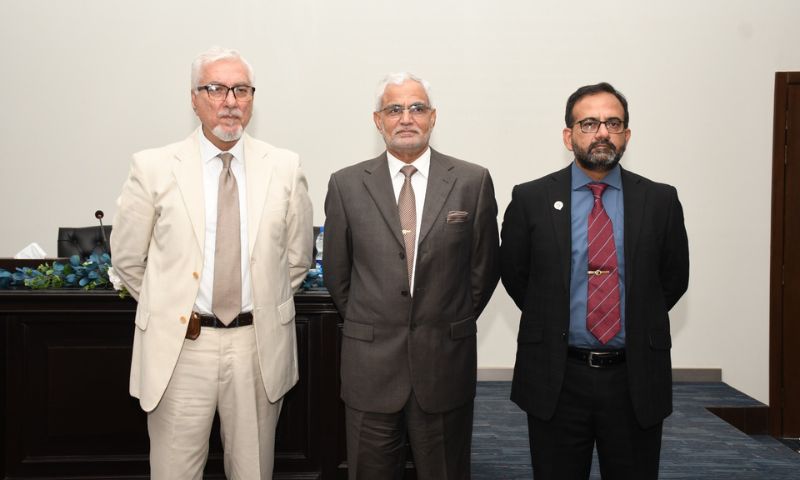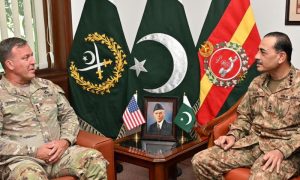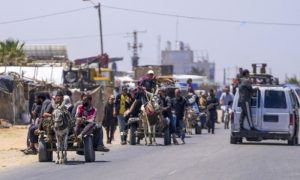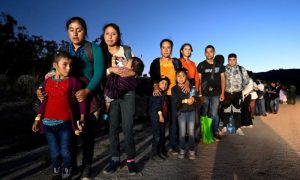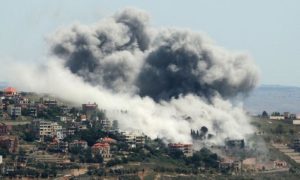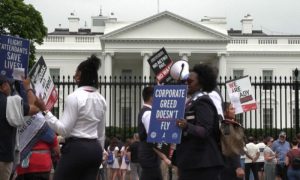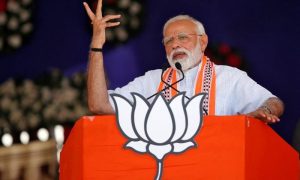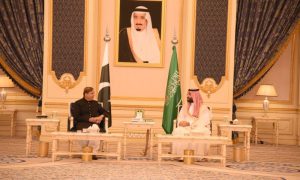ISLAMABAD: Islamabad-based Centre for Aerospace & Security Studies (CASS), organized a Guest Lecture on ‘Indus Water Treaty: A Critical Appraisal and Way Forward for Pakistan.’
The lecture shed light on India’s detrimental actions within the IWT, urging a fresh perspective to safeguard Pakistan’s water resources and address the pressing challenges ahead. Distinguished speaker Engineer Suleman Najib Khan, Convener, Water Resource Development Council (WRDC), shared his insights and recommendations on the treaty’s impact and the way forward.
Air Vice Marshal Nasser ul Haq Wyne (Retd), Director of Non-traditional Security Threats at CASS, introduced the subject and emphasised that the various factors contributing to Pakistan’s water crisis were overuse of water resources, population growth, climate change and inefficient water management. He acknowledged that while the Treaty ensured access to a reliable source of water for irrigation and drinking purposes, but on the other hand, it also limited Pakistan’s ability to develop its own water resources.
He further noted and it remained to be seen whether India and Pakistan would be able to renegotiate the Treaty and reach a new one that met the needs of both countries or a status quo would be maintained.
Guest Speaker, Engineer Suleman Najib Khan started with shedding light on the illusory nature of the IWT, revealing that the Treaty from the beginning could have been negotiated in a way which was more beneficial for Pakistan and explained that how India had deceived Pakistan for four decades. He emphasised India’s intention to nullify IWT-I and negotiate IWT- II, potentially exacerbating the challenges faced by Pakistan. Drawing attention to flaws in the Treaty, Engineer Khan specifically mentioned Pakistan’s acceptance of four major drains from East Punjab under Article-4. This acceptance had led to the contamination of groundwater used for agricultural purposes, calling attention to the pressing issue of environmental damage caused by India’s actions. The speaker stressed the importance of raising global awareness about this ‘ecocide’ faced by Pakistan due to Indian machinations.
Engineer Khan highlighted the bacteriological warfare conducted by India against the children of Pakistan, supporting his claim by citing the significant number of hepatitis patients as evidence. He further explained how Pakistan was losing approximately 27 million acre-feet (MAF) of surface flows from the Eastern Rivers, which constituted 20% of the total flow. He characterised India’s hydro aggression as unprecedented in modern history, underscoring the immediate need to protect Pakistan’s water rights and sovereignty.
The guest speaker lamented the lack of collaboration between military and civilian engineers, as well as the absence of a brain trust in Pakistan to consolidate scientific hydro knowledge and effectively counter India’s tactics. He stressed the abundance of renewable resources in the country, and implored the importance of formulating and implementing a comprehensive national energy policy. Engineer Khan highlighted the vital role of a robust water policy in ensuring Pakistan’s solvency, with a need to build more dams that could play a pivotal role in flood control and the nation’s survival. He convincingly argued that water was the only source that could break the cycle of poverty, which was why he termed water a ‘strategic asset’ too serious to be ignored.
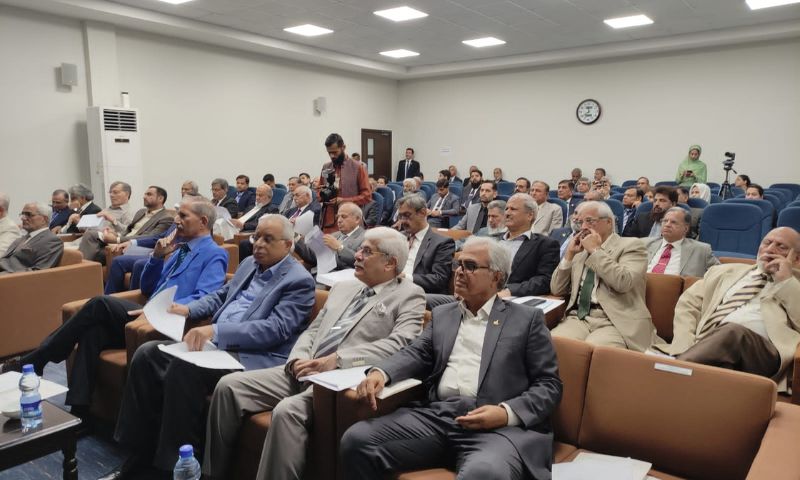
He recommended to seek relief from the IWT through the United Nations’ International Institute for the Unification of Private Law (UNIDROIT) Charter. He also advocated for the establishment of two new national-level organisations: Commission for Indus Basin Strategic Analysis (CIBSA) and the Pakistan Energy Planning & Execution (PEPE). CIBSA would serve as a Research and Development organisation in the water sector, helping regulate the internal politics surrounding water resources and countering false propaganda. PEPE, on the other hand, would focus on energy planning and execution, ensuring deep coordination with CIBSA. Additionally, Engineer Khan emphasised the urgency of settling the constitutional status of Gilgit-Baltistan and approaching the International Court of Justice (ICJ) to address Indian mischief aimed at obstructing the development of the Indus Cascade and related projects.
In his Concluding Remarks, Air Marshal Farhat Hussain Khan (Retd), President of CASS, Islamabad, commended Engineer Suleman Najib Khan for shedding light on the deficiencies within the IWT. He underlined the need for a balanced approach to resource utilisation and fostering specialists and critical thinkers who could contribute effectively to national development. He concurred Engineer Suleman’s recommendation for a dedicated Institute or a think tank, comprising experts who should always be thinking proactively to mitigate water crises in Pakistan along with anticipating and offsetting possible Indian water aggression.
Air Marshal Khan also emphasised the importance of institution-based decision-making rather than relying solely on individual-based decisions. He expressed optimism that, in the current global discourse on ecology and environment, Pakistan should raise its concerns and confront India in international forums. He emphasised that instead of bilateral talks on IWT, international forums should also become part of the negotiations and the discussions should take into account subjects like ecology, climate change, along with a fair formula of water distribution. He concluded that water, being an integral part of national security, warranted a re-evaluation of Pakistan’s approach to handling security issues.
The Guest Lecture drew significant attention, with a healthy turnout and an engaging question and answer session. Attendees actively participated, reflecting their keen interest in understanding the complexities surrounding the IWT and its implications for Pakistan. The event served as a platform for informed discussion and a call to action, emphasising the need for comprehensive solu.









